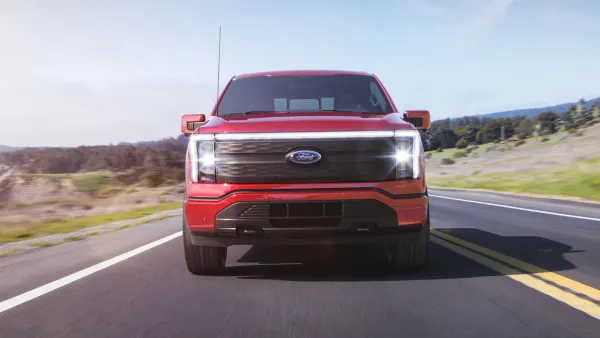Dive Brief:
- Tariffs took a massive bite out of revenues at Harley-Davidson in a tough fourth quarter, according to executives on an earnings call Tuesday. The company experienced a $1.15 billion loss in revenue year-over-year as a result of tariffs from China, the EU and the U.S., along with two recalls and internal restructuring.
- Just in Q4, tariff costs for the company increased $13.4 million. CFO John Olin projected the company will pay between $100 million and $120 million in tariffs in 2019. And this estimate excludes metal cost increases, which are also affected by tariffs.
- "We intend to mitigate the impact of incremental EU and China tariffs by year end," said Olin, offering that a new manufacturing plant in Thailand came online in Q3 to better and more economically serve the Asian market, an important growth area for the company. Harley is aiming to produce a majority of motorcycles for the EU, China and Asian markets there by the end of this year, relieving tariffs on products headed to China and EU in many cases.
Dive Insight:
It's notable that executives and analysts on the call proceeded under the assumption the 10% tariff on $200 billion worth of Chinese goods will increase to 25%, especially as a round of trade talks between the U.S. and China kick off today.
But tariffs are not the company's only problem at the moment. "We expect first quarter will be adversely affected by incremental tariffs, unfavorable mix, lost absorption on lower shipments and unfavorable currency, partially offset by lower year-over-year restructuring costs," said CFO John Olin.
The "mix" hints at a sales dip in both U.S. and international markets, to the extent the company decided to ship fewer motorcycles to keep a cap on inventory.
The question now is how many problems can Harley successfully deal with at once? Keeping control on costs in the midst of a trade war where the company is taking hits from all sides is one thing. But developing new products (like lighter bikes) to reinvigorate sales is quite another.
Harley executives admitted 2019 will be tough, but whether 2020 offers better news will depend on the company's ability to walk and chew gum at the same time.














